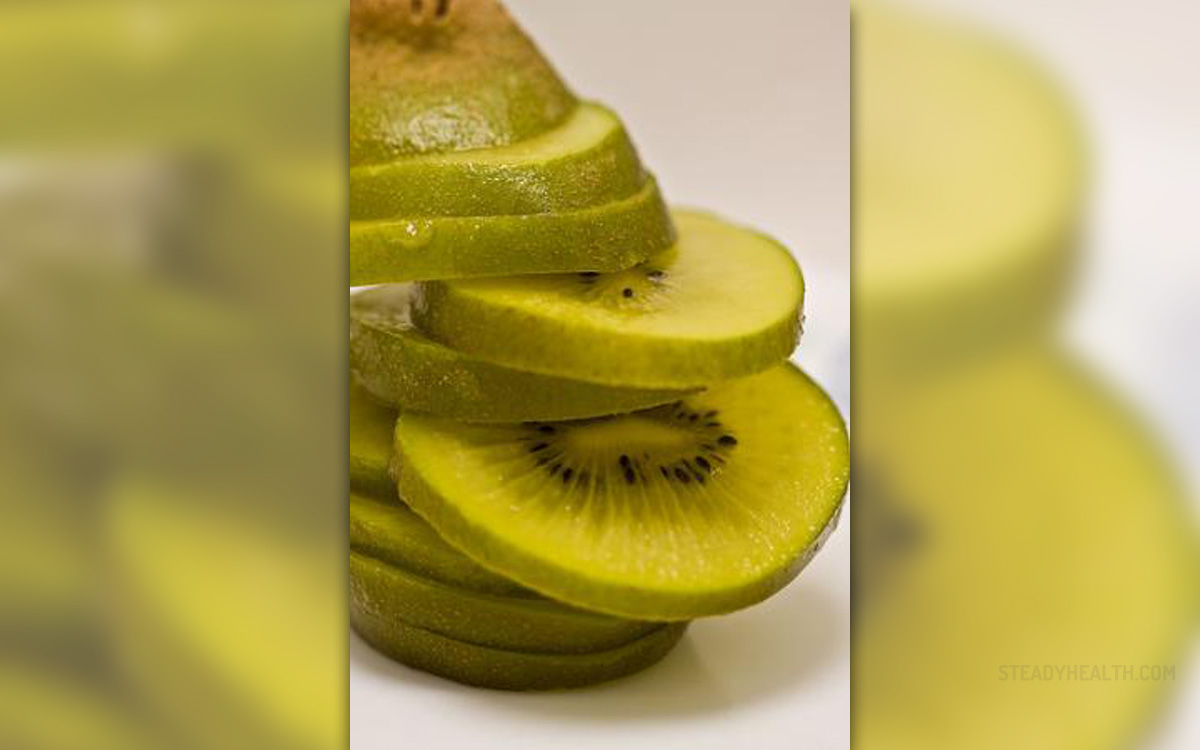
Kiwi is one of the most delicious and most nutritious fruits out there. It contains much more vitamin C than oranges and more fiber than apples. This fruit, which got its name from a bird native to New Zealand, today grows all over the world, wherever the climate allows it. It is widely cultivated in United States, Italy, Spain, France, Greece, Chile, Australia, even in Russia. It can be found in the markets from April to December, although the period between June and October is its prime time.
Nutritional value of kiwi
A serving of 100 grams of kiwi in average contains 75 milligrams of vitamin C, 175 IU of vitamin A, 332 milligrams of potassium, 26 milligrams of calcium, 30 milligrams of magnesium, 40 milligrams of phosphorus, 0.41 milligrams of iron, 5 milligrams of sodium, 0.020 milligrams of thiamin, 0.050 milligrams riboflavin, 0.5 milligrams of niacin, 3.4 grams of fiber and 0.99 grams of protein.
Benefits of kiwi
Kiwi is highly recommended for people who often suffer from constipation. It is very rich in fiber, especially in the peel, which is basically edible as long as the tiny hair is removed. Kiwi also contains mucilage so it acts as a gentle but effective laxative.
As it is mentioned above, kiwi is a great source of vitamin C, even better than oranges. Vitamin C is important for prevention of infections, especially flu and common cold. Eating plenty of kiwis in the winter is a great way to prevent these common seasonal infections of the upper respiratory tract. Vitamin C is also a great antioxidant and it repairs damage caused by free radicals.
Aside from vitamin C, kiwi contains flavonoids, also important in the battle against oxidative damage.
Everyone knows that bananas are a great source of potassium, but not many people know that kiwi contains as much of this important mineral as bananas. Potassium is important for many functions, one of them being regulation of blood pressure.
Kiwi’s black seeds are tiny but if they are collected, dried and crushed, they can be used to extract kiwi seed oil, which contains alpha-linoleic acid, one of the omega-3 fatty acids.
In addition, kiwi contains phytonutrients that regulate the blood clotting and fatty acids in blood.
Kiwi is even good for the skin. It may sound strange, but if kiwi juice, freshly squeezed, is mixed with some vodka, it makes an amazing astringent tonic that tightens and tones the skin.
Considering all this, it is safe to say that kiwi is one of the most beneficial fruits and that it should be consumed as much as possible.



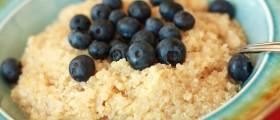


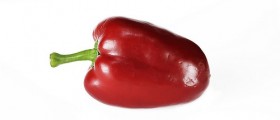



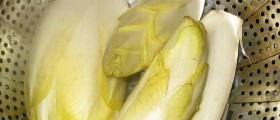
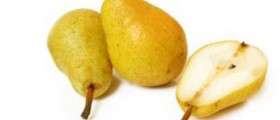





Your thoughts on this
Loading...